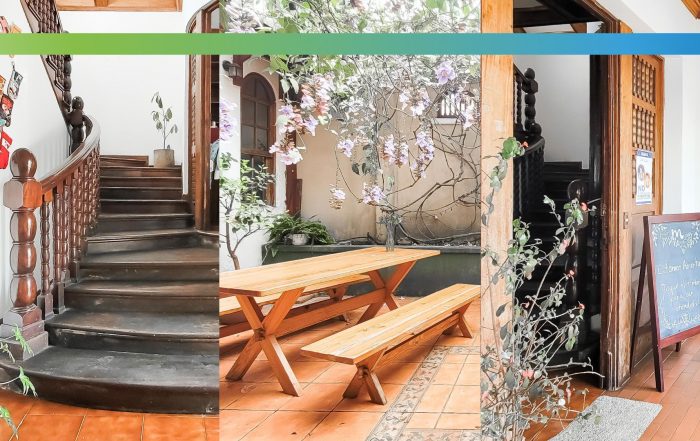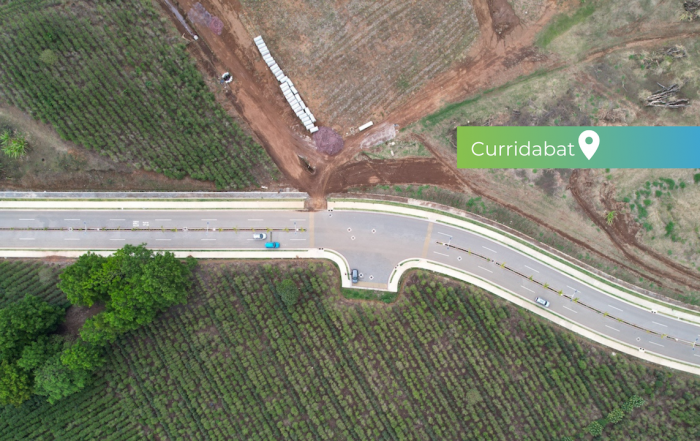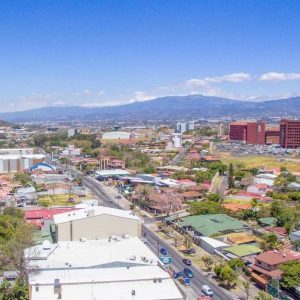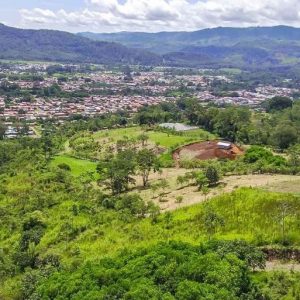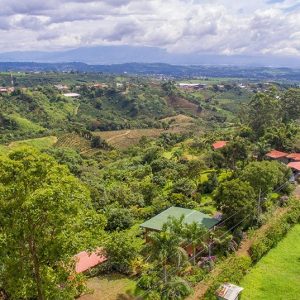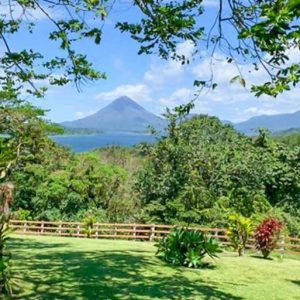Although there may be several answers as to “why sell properties in the East of San José?”, the important thing is to order them according to their priority, since for each owner there may be different situations that affect the decision to sell and it is based on this reason that the sale will take place. The objective and subjective characteristics of the sale should be identified at this preliminary stage.
Objective Responses
This responds to the owner’s interest in selling. At this stage the owner analyzes what are the needs and what is expected to be obtained at the end of the process. Some answers may be:
- Improve the quality of life
- Relocation of residence
- Investment
- Urgent payments
- Or others
For the owner, the previous situations in which the property has been involved are taken into account, for example, if it is an inheritance or a family home. Investments and expenses incurred for repairs and improvements are also important.
When establishing the reason for sale, what is sought is to make a projection of what the owner expects, including the initial price, the estimated time in which the property will be placed on the market and what is expected to be obtained from the sale.
It is important to contact a real estate consultant to help you analyze what is a fair price according to the market and what is the profile of potential buyers who may be interested in your property.
In order to achieve a balance in the projection, some variables must be taken into account such as location, availability, mortgage studies, inventories, m2 values per area, municipal taxes and any other comparable option that applies in the specific case. It should be clear that prices are given in ranges and are estimates (not absolute), because at this early stage no client has been negotiated.
Subjective Responses
The owner must identify these characteristics in order to be able to place the property in the right market. They are subjective because they seek to establish the “emotional” panorama of the possible interested buyers, so that the answers to each one of them, helps the marketing, publicity and correct diffusion of your property within the real estate market.
- Where can I place my property in the market to obtain more benefits?
- Why would a buyer invest in my property?
- What makes my property stand out from other options in the market?
- What benefits does my property have for a potential buyer?
It is essential to contact a real estate agent to help you place your property within the market. The use of digital tools and platforms will help you to position your property as the best option, having greater reach and enabling a filtering process in which interested potential buyers are studied beforehand, thus easing the sales process.



